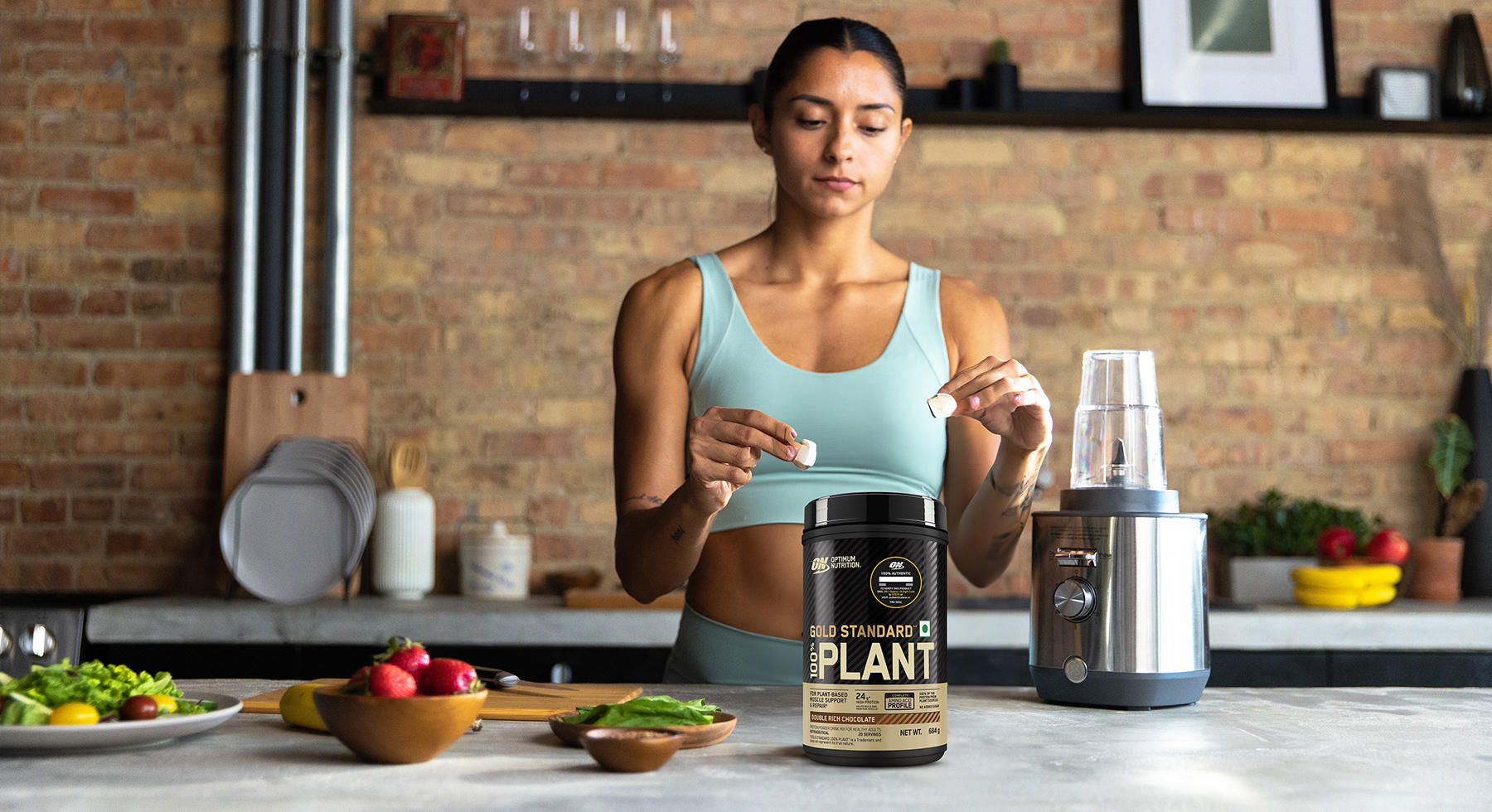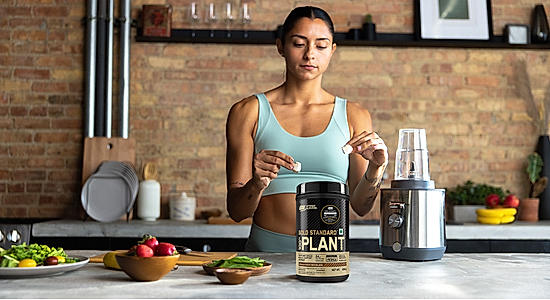
Vegetarians consume little or no animal protein while vegans avoid it all together . How then can we maintain a satisfactory intake of essential amino acids? Are plant based proteins a good alternative? What foods contain it and how to combine them to get the best benefits?
Table of Content
- What are plant based proteins?
- Plant and animal proteins: what are the differences?
- What are the sources of plant based proteins?
- Are plant-based proteins suitable for everyone?
- How to eat a balanced diet without meat and other animal proteins?
- Myths about plant based diets
- Take Home Message
What are plant based proteins?
Unlike animal proteins which, as their name indicates, come from an animal source (meat, fish, milk, eggs), plant based proteins mainly come from plants: oilseeds, legumes, seeds and cereals, etc.
Proteins are molecules essential for the proper functioning of our organs. Plant based protein sources are also rich in vitamin B, antioxidants, mineral salts, and especially in fibre which animal products lack.
There is no risk of deficiency with a vegetarian diet (which excludes fish and meat, but retains dairy products or eggs). For a vegan or vegan diet (which excludes all products of animal origin: meat, fish, eggs, dairy products, honey, etc.), it is essential to supplement with vitamin B12, available only in sufficient quantities in meat, fish and dairy products.
Plant and animal proteins: what are the differences?
Animal proteins provide the body with a more complete protein intake than plant based proteins because they have all the amino acids that the body needs. However, they can be richer in saturated fatty and cholesterol, etc. Whilst most single sourced plant proteins lack one or more essential amino acids thus, they are considered as incomplete proteins. This can be remedied by mixing various plant protein sources together.
Optimum Nutrition Gold Standard 100% Plant made with rice and pea protein is a complete plant protein which will provide you with all essential amino acids required for recovery.
Plus plant proteins naturally lack cholesterol, so that’s a plus1
Unless there is a particular contraindication (medical or ethical), the ideal would therefore be to vary your intake of plant and animal proteins to maintain good health.
What are the sources of plant based proteins?
Many plant foods contain plant based proteins in different proportions:
- Dried vegetables, from the cultivation of legumes: split peas, chickpeas, peas, beans, lentils, soybeans, broad beans, etc. Studies highlight their good protein content as well as the agronomic benefits of growing legumes, which contributes to soil fertilization.
- Oilseeds: peanuts, walnuts, hazelnuts, almonds, etc.
- Cereals: wheat, rice, oats, quinoa, buckwheat, spelt
- Certain spices like fenugreek
- Spirulina.
Beyond their protein intake, foods with Plant based proteins are also sources of fibre, minerals and vitamins.
Are plant-based proteins suitable for everyone?
Most healthy adults may benefit from integrating plant-based proteins into their diet.
How to eat a balanced diet without meat and other animal proteins?
To fully benefit from the benefits of plant based proteins, a few “good reflexes” should be adopted. It is in fact important to combine foods that are sources of plant based proteins (lentils, beans, peas, etc.) with starchy foods . For example, a combination of rice and soy balances the intake of lysine, low in rice but high in soy, and the intake of sulphur amino acids, low in soy but high in rice.
Food pairings is one way to make sure you make your meal a complete source of protein. And you don’t necessarily have to combine cereals with legumes at every mean, simply eating a varied diet including different vegan protein sources throughout the day and when necessary supplementing with a high quality vegan supplement also works.
Let’s discuss the most prevalent bias against the plant proteins.
“Plant based proteins are of lower quality than animal proteins.”
The quality of a protein is calculated according to its digestibility rate on the one hand, and its level of essential amino acids (the components of proteins) on the other hand. This quality is determined by a score, ranging from 0 (very low quality) to 1 (excellent quality), called “PDCAAS” ( Protein Digestibility Corrected Amino Acid Score ) or, in a more recent version, the “DIAAS” ( Digestible Indispensable Amino Acid Score).
If plant based proteins have slightly lower levels, this observation should be considered because:
- Some foods, like soy, contain excellent quality plant based proteins.
- This score is only relevant for a food consumed alone. If you mix black beans and rice, you get a score of 1! So the food combinations play a crucial role..
Take Home Message.
Plant based protein sources such as food sources as well as supplements can help you meet your daily protein intake goal. Simply focus on quality and variety of the food.

